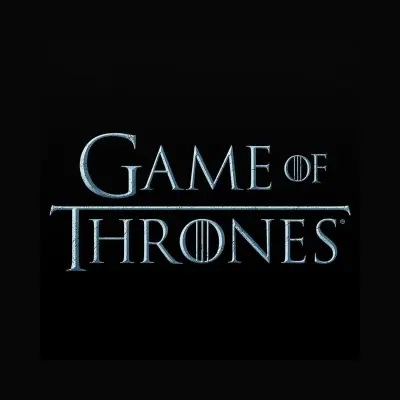Networks spending big money on the next Game of Thrones may overlook its key lessons: "TV shows can’t live on empty spectacle alone"
-

"Generous budgets and ambitious visions can lead to thrilling results," says Maureen Ryan. "Part of the reason (George R.R.) Martin started writing the Song of Ice and Fire novels is because he was deeply frustrated by TV’s limitations when he was a small-screen writer in the ’80s. The fact that TV has gotten bigger, bolder, and more influential in the last two decades has allowed the culture at large to see how phenomenal, adventurous, and gripping it can be. But in its desire to take big swings and go after huge properties, I don’t want TV to lose sight of the elements that made it great in the first place: things that are sometimes regarded as 'small' but are actually anything but." Ryan adds: A TV show works because of how it spends its time, not just its budget. How friendships or other kinds of bonds evolve, why the stakes for individuals come to matter — if that sh*t isn’t nailed down, impressive special effects, fantastic locations, hordes of extras, and massive battles can’t hide it. Empty, expensive blockbuster films have proven that time and time again. Films can sometimes get away with being hollow — they’re only two or three hours long, and sometimes we get sucked in by slick marketing despite ourselves. But TV shows can’t live on empty spectacle alone; no show has the budget for that. The source of our devotion can spring from a lot of different factors, but in the end, it all comes back to the writing, and whether we’re invested enough in character moments that ideally break our hearts, make us cry or make us think long after an episode ends."
TOPICS: Game of Thrones, HBO, The Lord of the Rings: The Rings of Power, Peak TV
More Game of Thrones on Primetimer:- What is Sophie Turner hinting at with her cryptic message about “endings and beginnings”?
- HBO confirms a new Game of Thrones sequel series, with more projects now in development
- House of the Dragon season 3 eyes June after confirming Summer 2026 premiere
- Only Sansa Stark's character development makes sense during the Game of Thrones ending
